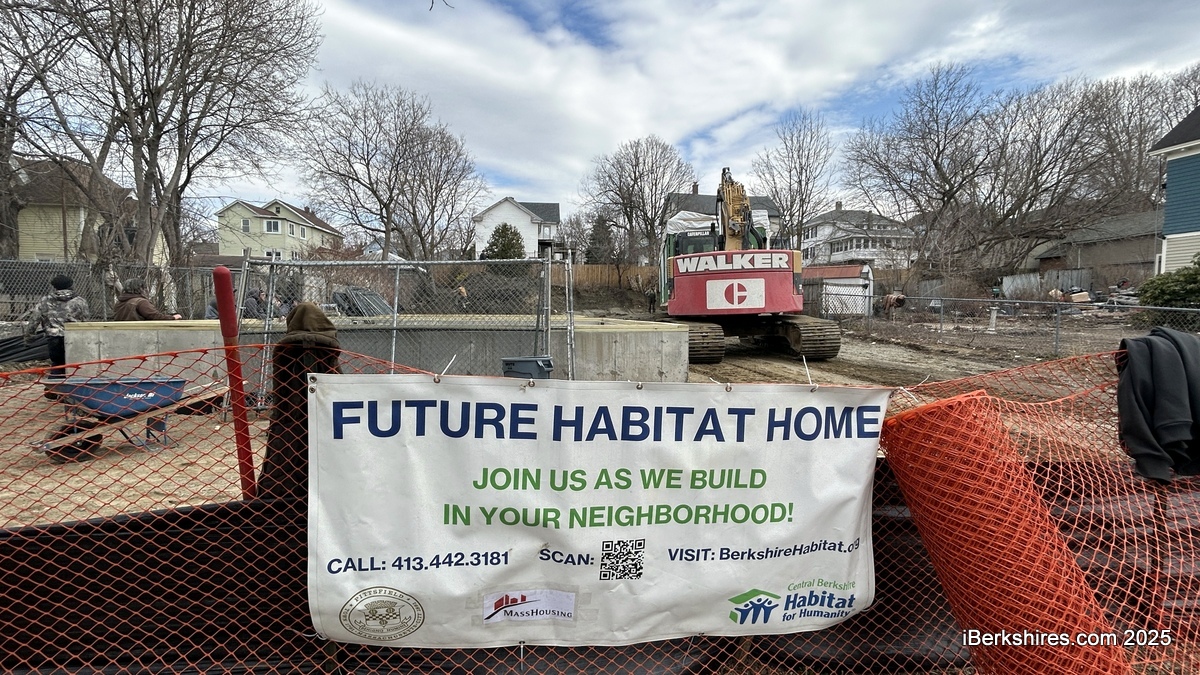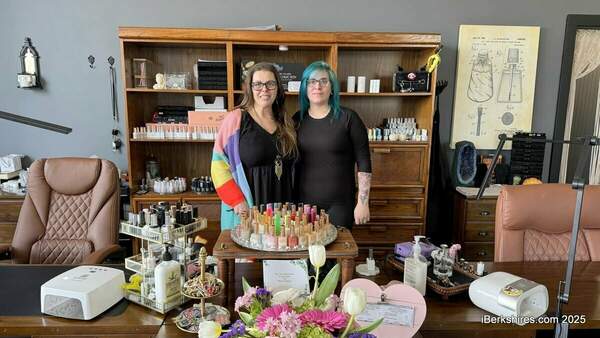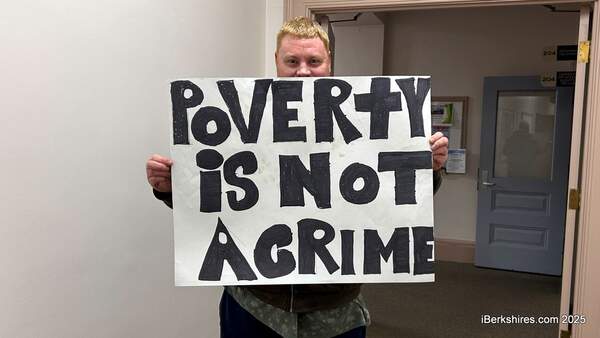
Springside Park Not Viable for Roots Rising Farm
PITTSFIELD, Mass. — Arsenic-infected soils and invasive plants have led Roots Rising to pull its farm project from Springside Park.
"Over the past several months we have been studying the site at Springside Park. We found levels of arsenic that require further investigation as well as a number of species of invasive plants," Executive Director Jess Vecchia wrote to the Parks Commission.
"One such plant, cypress spurge, is of particular concern because contact with the latex sap can cause serious burns on skin, as well as permanent corneal damage if it comes into contact with the eyes."
Earlier this year, the nonprofit farming organization came to the commission with plans for its Youth Farm that is an intersection of the organization's youth empowerment and food justice work.
Included in the roughly four-acre plans next to the Chestnut Seed Orchard were a tool shed, farm office, curing and drying shed, a wash and pack station, an open-air pavilion, and the build-out of a hoop house and prop house.
Roots Rising hired Regenerative Design Group to help create a report that outlines the methods for cypress spurge suppression, potential methods of cultivation, and future invasive control.
"While farming is certainly possible at Springside Park, we do not believe the park is a viable location for our Youth Farm," Vecchia wrote.
On Tuesday, commissioners said it was "unfortunate" that the site is not fit.
The organization would need to spend up to three years tiling the soil every three weeks to get it ready for use, which would require special equipment and staff time. Planning could not begin until the fourth year and invasive control would need to be part of the farm management plan in perpetuity.
There would even still be a high potential for exposure or injury from the cypress spurge to anyone who puts their hands in the soil.
"While this is disappointing news, a diligent land assessment ensures the greatest potential for success of our farm project," Vecchia wrote.
The organization has been looking for a place to call home for a couple of years and will continue conversations with city staff and private landowners to find an alternate site and the commission was thanked for its support.
Tags: agriculture, Springside Park,
















